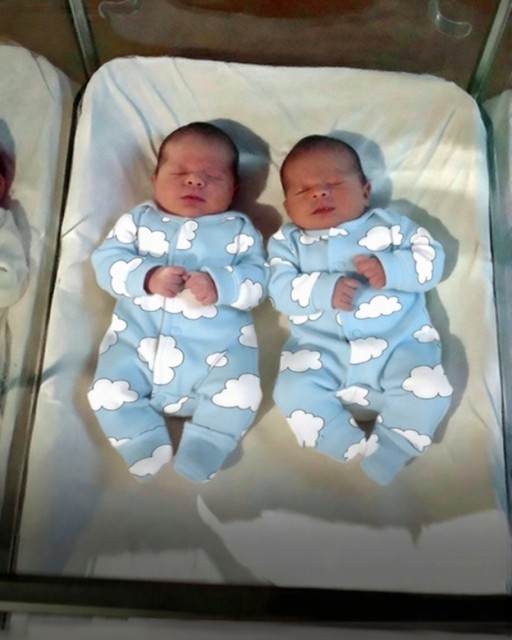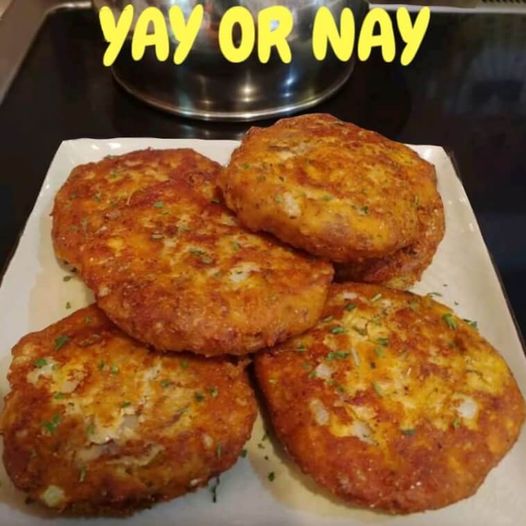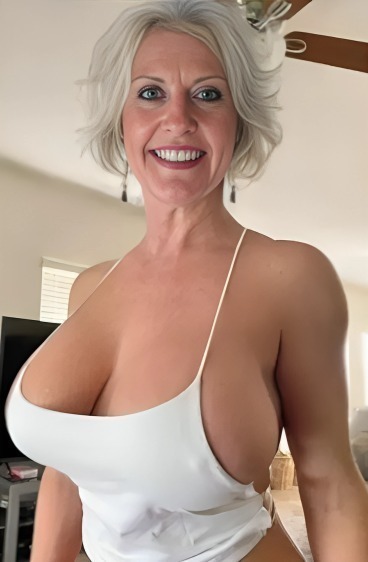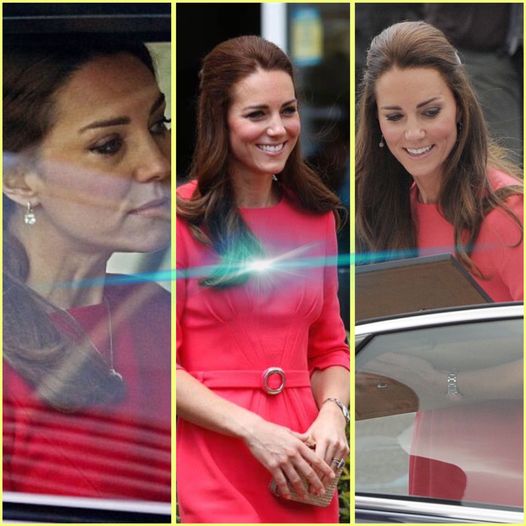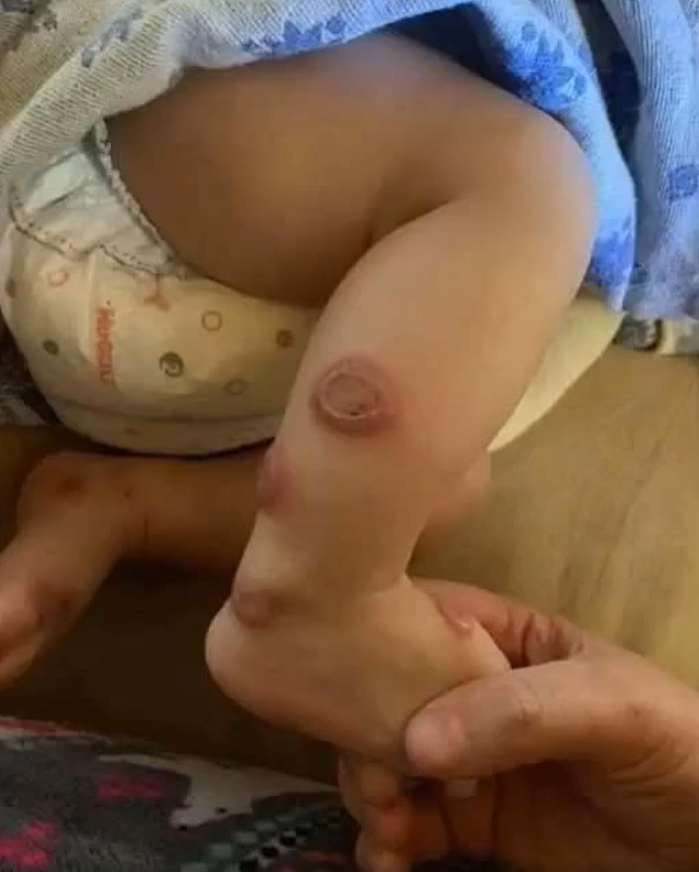I was seven when my sister Julia walked out of my life. The sky was gray, the air smelled like rain, and I can still hear the squeak of the gate as it closed behind her. She was fourteen—too young to be on her own but old enough to know she wanted out. She promised she’d come back for me. She never did.
Our mother had left long before, our father even earlier. Julia and I were the leftovers in a broken system, shuffled through foster homes that blurred together. When she ran, I stayed behind—too scared, too small, and too hopeful for too long.
I grew up in group homes, learning how to survive by staying invisible. I watched other kids get adopted, then disappear into lives that didn’t include me. By eighteen, I’d stopped waiting for anyone to show up.
But I built something from the wreckage. I worked nights at a diner, put myself through community college, and became a nurse. Maybe because taking care of others was how I learned to survive myself. At thirty-two, I had a quiet apartment in Portland and a life that didn’t hurt anymore. Until the phone call.
It came near the end of a shift. My supervisor handed me the receiver, her expression strange.
“Ms. Taylor? This is Saint Mary’s Hospital in Seattle. Are you related to a Julia Carter?”
The name hit me like a punch. I hadn’t heard it in over twenty years.
“She’s my sister,” I said slowly.
“I’m sorry,” the voice said gently. “She passed away this morning—complications from childbirth. She delivered twin boys prematurely.”
For a moment, I couldn’t breathe. Julia was gone. Julia had children—two boys. And I’d had no idea she was even alive.
The next morning, I was in Seattle. The hospital smelled of coffee and antiseptic. A nurse led me to the NICU, explaining the twins were small but stable. When I saw them, I froze—two tiny, perfect boys, their chests rising and falling in rhythm.
“This one’s Noah, and that’s Lucas,” the nurse said softly.
“She named them?”
“She wrote their names down before she passed,” she replied. “The only contact she listed was you.”
I couldn’t understand it. Why me, after all these years? But as I stood there watching those fragile little lives, I knew one thing: I couldn’t walk away.
A social worker met me afterward, explaining the options—temporary custody, foster placement, adoption. She spoke kindly, but I could tell she didn’t expect me to take them.
“They’ll need somewhere to go soon,” she said. “You don’t have to decide today.”
But I had already decided. I wasn’t going to let them grow up like I did—alone, waiting for someone who never came.
The next two weeks, I sat by their incubators every day. I learned to feed them, change them, comfort them. When they stirred, I whispered, “I’m here. I’m not going anywhere.”
When the hospital finally released them, I drove them home in my beat-up sedan. My apartment turned into a nursery overnight—cribs borrowed from coworkers, secondhand swings, and mountains of diapers. I slept in two-hour intervals, learned to hold both babies at once, and cried from exhaustion more times than I could count. But every smile, every tiny heartbeat reminded me it was worth it.
Money vanished fast. Formula, doctor visits, childcare—it all added up. Some nights, I sat on the floor between their cribs, staring at them and wondering if I was enough. But when they reached for my hand, I knew I had to be.
One afternoon, I was sorting through Julia’s few belongings from the hospital when I found a worn envelope with my name scrawled on it. Inside was a letter in her shaky handwriting.
Evelyn,
If you’re reading this, it means I didn’t make it. I’m sorry I left you. I thought running would fix things, but all I did was make more pain. These boys don’t deserve that. You were always the strong one. Please, if you can, give them what I couldn’t give you—love, safety, home. I never stopped thinking about you. I hope one day you can forgive me.
—Julia
I read it until the words blurred. I wanted to hate her. I couldn’t. She’d failed me once, but she trusted me with the most important thing she had left.
Months passed in a blur of feedings, milestones, and exhaustion. By their first birthday, Noah and Lucas were walking—tiny, wobbly steps that felt like victories. I started to believe maybe we were going to be okay.
Then came the knock.
A woman stood on my porch, professional, holding a folder. “Ms. Taylor? I’m Caroline Green, representing Mr. and Mrs. Carter—your sister’s in-laws. They’ve just learned of the twins and want to pursue custody.”
My stomach dropped. “Custody? I’ve raised them since birth.”
“They have the legal right to petition as paternal grandparents,” she said gently.
I stared at the paperwork, panic rising. I couldn’t lose them. They were my family now.
For weeks, I fought. I met with legal aid, gathered evidence, begged coworkers to testify. The Carters were wealthy and polished. I was a nurse living paycheck to paycheck. They promised “a better life.” I promised love, stability, and a home that wouldn’t disappear.
In court, I told the judge, “I can’t give them luxury. But I can give them what I never had—a person who stays.”
The judge ruled in my favor. Guardianship granted. Adoption possible in two years. When the decision came down, I sobbed right there in the courtroom. Caroline approached afterward. “They’ve decided not to appeal,” she said softly. “They see the boys are happy.”
Two years later, I stood in another courtroom signing adoption papers. They were mine—Noah and Lucas Taylor. As the clerk stamped the final page, I felt Julia with me. Like she was whispering that she was sorry—and that she was proud.
Life hasn’t been easy since. There are nights when fear still creeps in, when I wonder if I’ll make the same mistakes. But then I watch the boys chase each other through the yard, laughter echoing through the air, and I know we’re okay.
Sometimes, after they fall asleep, I tell them stories about their mother—the girl who taught me to braid hair, who once promised she’d come back. And in a way, she did. Through them.
Because every time I look at their faces, I see her. Not the girl who left—but the sister who loved me the only way she knew how.
I used to think my story began the day Julia walked away. But I know now that was just the prologue. The real story started the day I became their mother.
And for the first time in my life, I finally understand what home feels like.
